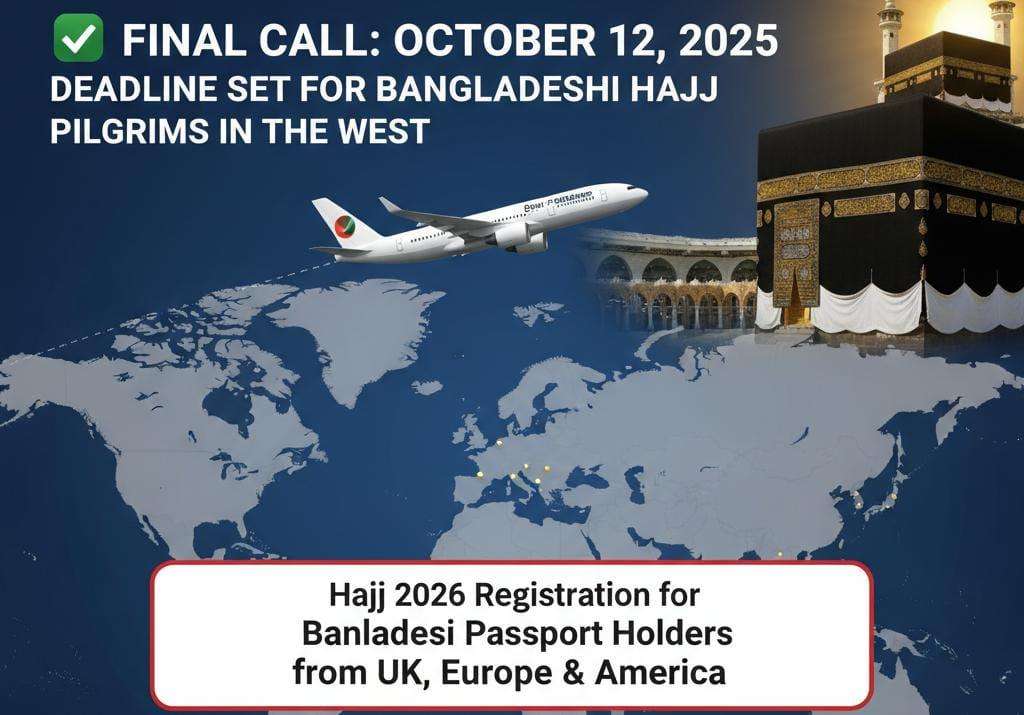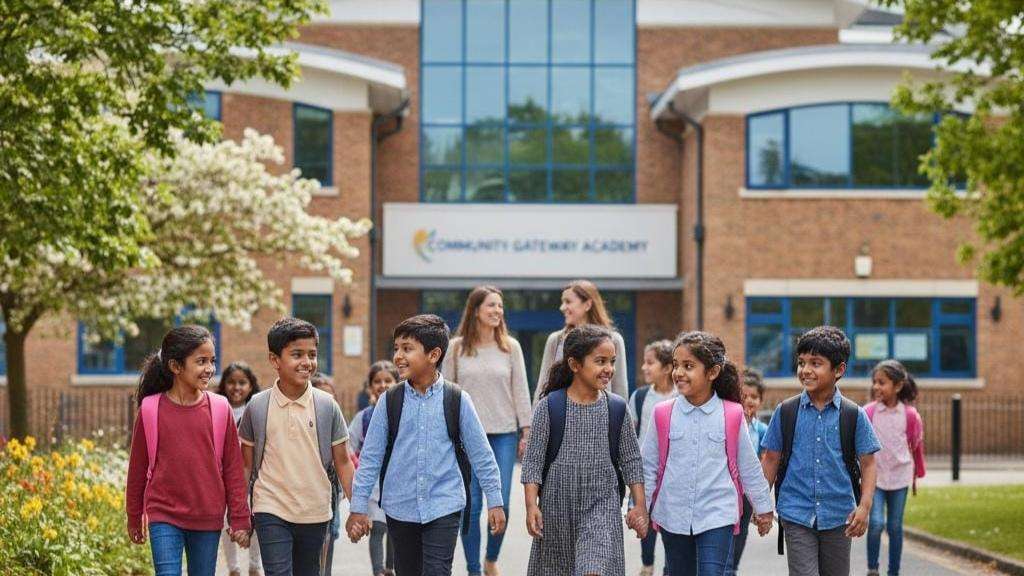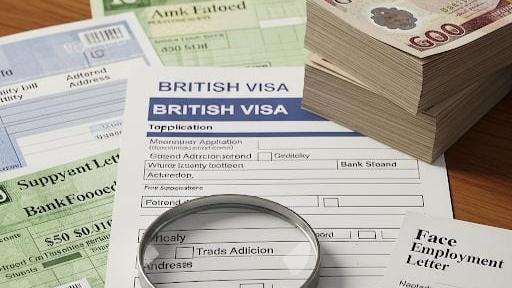A troubling investigation reveals how criminal gangs in South Asia are exploiting the UK's student visa system, providing fraudulent documents and coaching to families desperate to immigrate. This scheme, which has duped thousands, highlights serious vulnerabilities within the UK's immigration framework, prompting renewed calls for tougher regulations and enforcement.
The Modus Operandi
One family's story provides a rare glimpse into this sophisticated scam. "Sami," an Indian national who requested anonymity, paid over £20,000—his life savings—to agents in India. In return, the scammers arranged a student visa for his wife, allowing them and their two young children to enter the UK. The agents provided entirely fake documents, including fraudulent bank statements purporting to show the family had access to tens of thousands of pounds to cover living and tuition expenses. In reality, the family had no such funds, having sold their house, motorbike, and even family jewellery to pay the agents.
The scam didn't stop at the paperwork. Sami's wife was put through extensive Zoom-based coaching sessions, preparing her for potential questions from UK immigration officers. These sessions included rehearsing answers to questions like "Why the UK?" and "What are your hobbies?" The agents also provided a "crib sheet" of tips titled, "don't get panic at the time of immigration," instructing her on what to say about the university course.
The Aftermath
The family arrived in the UK in early 2023, but Sami admits his wife never intended to attend university. When she failed to enroll, the Home Office canceled their visas, giving them a deadline to leave the country. Since then, the family has been in a precarious legal limbo, caught in a cycle of rejected applications for leave to remain. Their case remains unresolved.
Living in destitution, Sami and his family initially resided in a single room in a house shared with at least a dozen other people. Social services have since intervened, providing them with temporary accommodation and access to food banks. Asma Haq, who runs the Marks Gate Relief Project, a food bank in London, estimates that as many as one in ten of her clients have overstayed their visas or entered the country using fraudulent documents. She claims the Home Office's policies have been "quite relaxed," with insufficient follow-up on those who have entered the country on student visas, allowing these fraudulent schemes to flourish.
Broader Context and Call for Action
This case is not an isolated incident. The Home Office has acknowledged the problem, stating that they have "stringent systems" to prevent fraudulent applications. However, critics argue that these systems are failing, and the abuse is widespread, particularly among migrants from South Asia. The prevalence of these scams highlights a critical failure in the UK's immigration security.
The UK government has recently tightened rules for student visas, restricting the ability for most international students to bring dependants. This policy change, implemented in early 2024, aims to curb the type of abuse seen in Sami's case, where the student visa serves as a gateway for entire families to enter the country with no real intent to study. However, many believe more action is needed to crack down on the criminal gangs and agents operating both in the UK and overseas who profit from this exploitation.
The lack of robust checks on financial documents and a seemingly lax approach to ensuring students attend their courses have left the door open for scammers. The UK's reputation as a destination for genuine students is being undermined by these fraudulent activities, raising serious questions about the integrity of its immigration system.








.svg)

_2.jpg)
